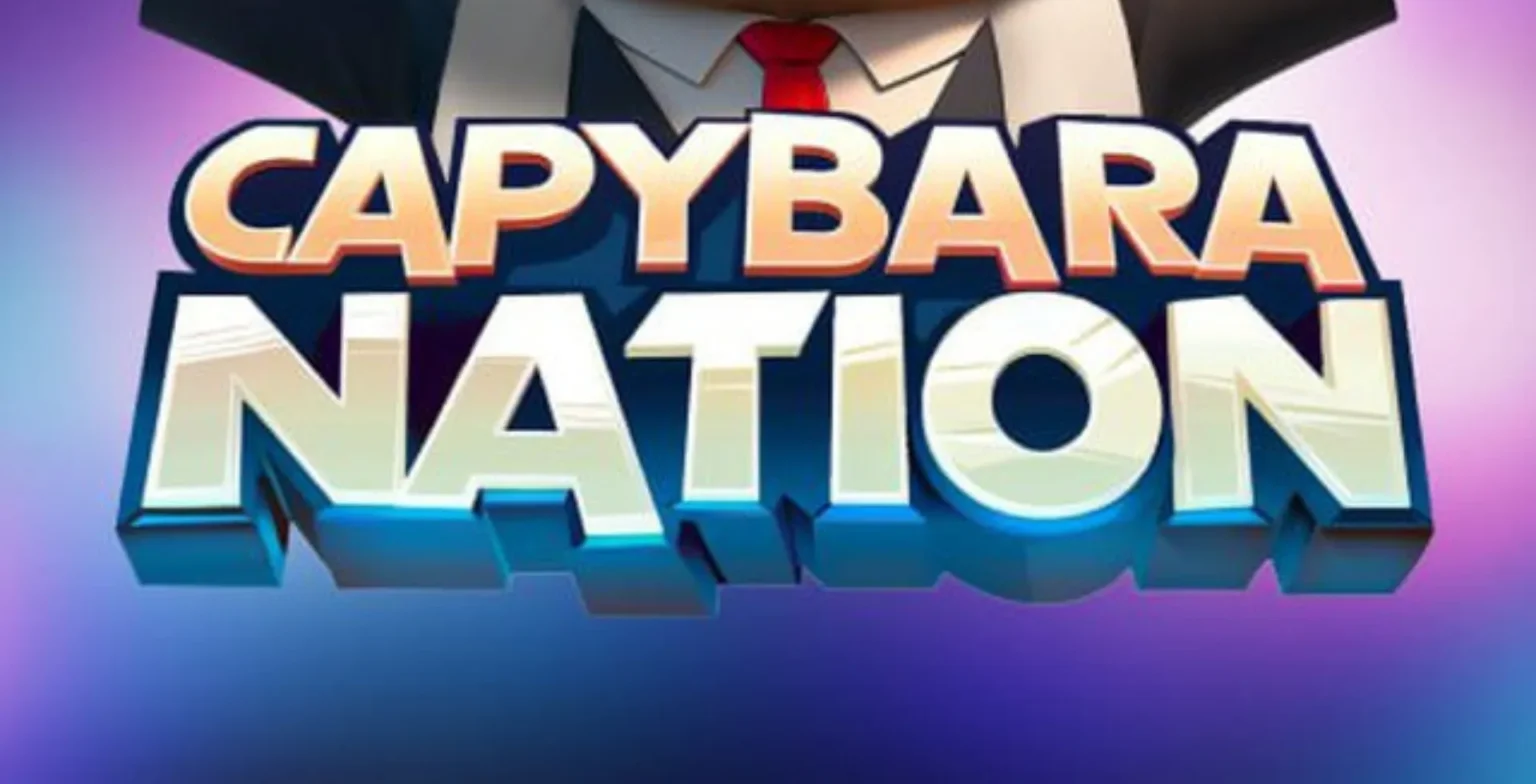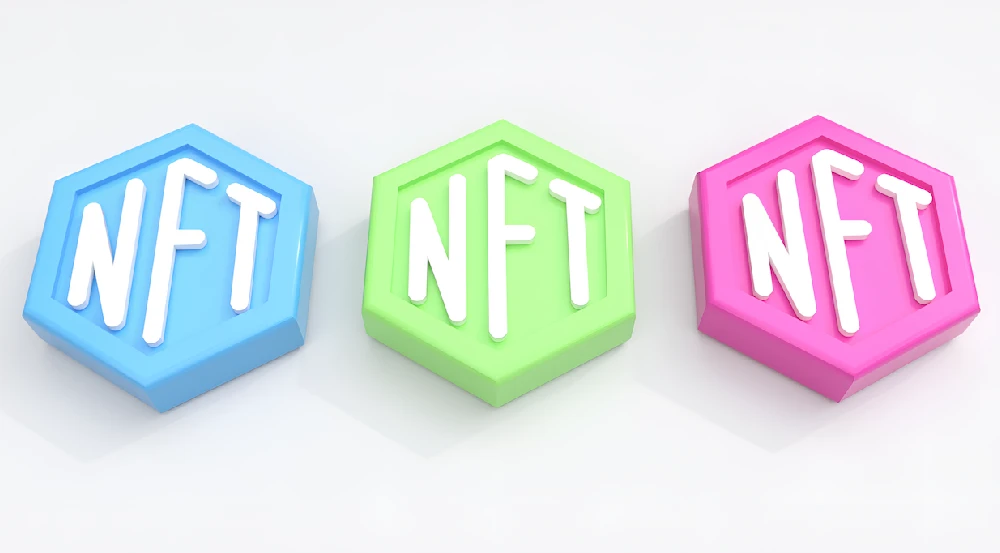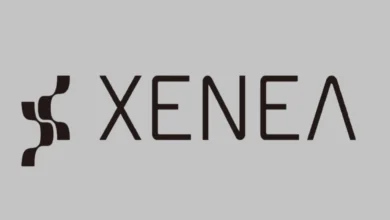
Cryptocurrencies have seen a significant surge in popularity since their inception in 2009. However, due to their complex nature and the confusion surrounding them, several myths and misconceptions have arisen. This article aims to debunk some of the most common cryptocurrency myths and provide a clearer understanding of this digital asset.
Myth #1: Digital Currencies Are Only Used for Illicit Activity
One of the most prevalent myths about cryptocurrencies is that they are primarily used for illegal activities. While it’s true that cryptocurrencies have been exploited by criminals, it’s important to note that any form of money can be misused. According to Chainalysis, a company specializing in blockchain data analysis, only 0.15% of all cryptocurrency transactions in 2021 were related to illicit activities.
Myth #2: Digital Currencies Don’t Have Value
The value of an asset is subjective and largely depends on societal perception. Bitcoin, the first cryptocurrency, was valued at fractions of a cent shortly after its launch in 2009. By 2021, it reached $69,000 per Bitcoin, demonstrating that societal perception plays a crucial role in establishing an asset’s value. Moreover, Ethereum, another popular cryptocurrency, has immense utility and potential, making it valuable to companies developing financial products and services using the Ethereum blockchain and smart contracts.
Myth #3: Cryptocurrencies Aren’t Secure
Contrary to popular belief, the technology behind cryptocurrencies, blockchain, is highly secure. It uses encryption techniques and consensus mechanisms that make it nearly impossible to alter information within the blockchain. The real vulnerability lies in how cryptocurrencies are accessed and stored, such as in cryptocurrency wallets or exchanges. However, with proper controls and precautions, cryptocurrencies can be as safe as traditional bank-held currencies.
Myth #4: Digital Currencies Are Bad for the Environment
While it’s true that some cryptocurrencies require substantial energy for transaction verification, not all cryptocurrencies are energy-intensive. Furthermore, the environmental impact largely depends on the source of energy used by mining operations. If these operations rely on sustainable energy sources, the environmental impact is significantly reduced.
Myth #5: Cryptocurrencies Are a Scam
Cryptocurrencies are accepted by many retailers and merchants, and governments worldwide are working towards regulating them. Most cryptocurrencies do not contain malicious programming or code intended to defraud users. However, like any financial sector, scams do exist, and awareness and knowledge can help reduce the chances of falling victim to them.
Myth #6: Cryptocurrencies Are Real Money
The International Monetary Fund defines money as a store of value, unit of account, or medium of exchange. By this definition, cryptocurrencies qualify as money. However, they are not “real” in the sense of being physical or government-backed. The Internal Revenue Service views cryptocurrency as “convertible” currency, meaning it has an equivalent value in “real” currency.
Myth #7: Cryptocurrencies Will Replace Fiat Currency
While it’s possible that cryptocurrencies could replace fiat currencies if adopted en masse, this would require a significant shift in societal behavior. Governments and officials are unlikely to abandon fiat currencies due to the established systems for tax collection and funding government programs.
Myth #8: Cryptocurrencies Are a Fad
Cryptocurrencies and the technology behind them continue to evolve and inspire new products and applications. From decentralized finance applications to non-fungible tokens, the potential uses for cryptocurrencies suggest they are more than just a passing trend.
Conclusion
While investing in cryptocurrencies carries risks, it’s essential to separate fact from fiction. Understanding the realities of cryptocurrencies can help individuals make informed decisions about whether to engage in this new form of digital asset. As always, consulting with a qualified professional is recommended before making any financial decisions.

















